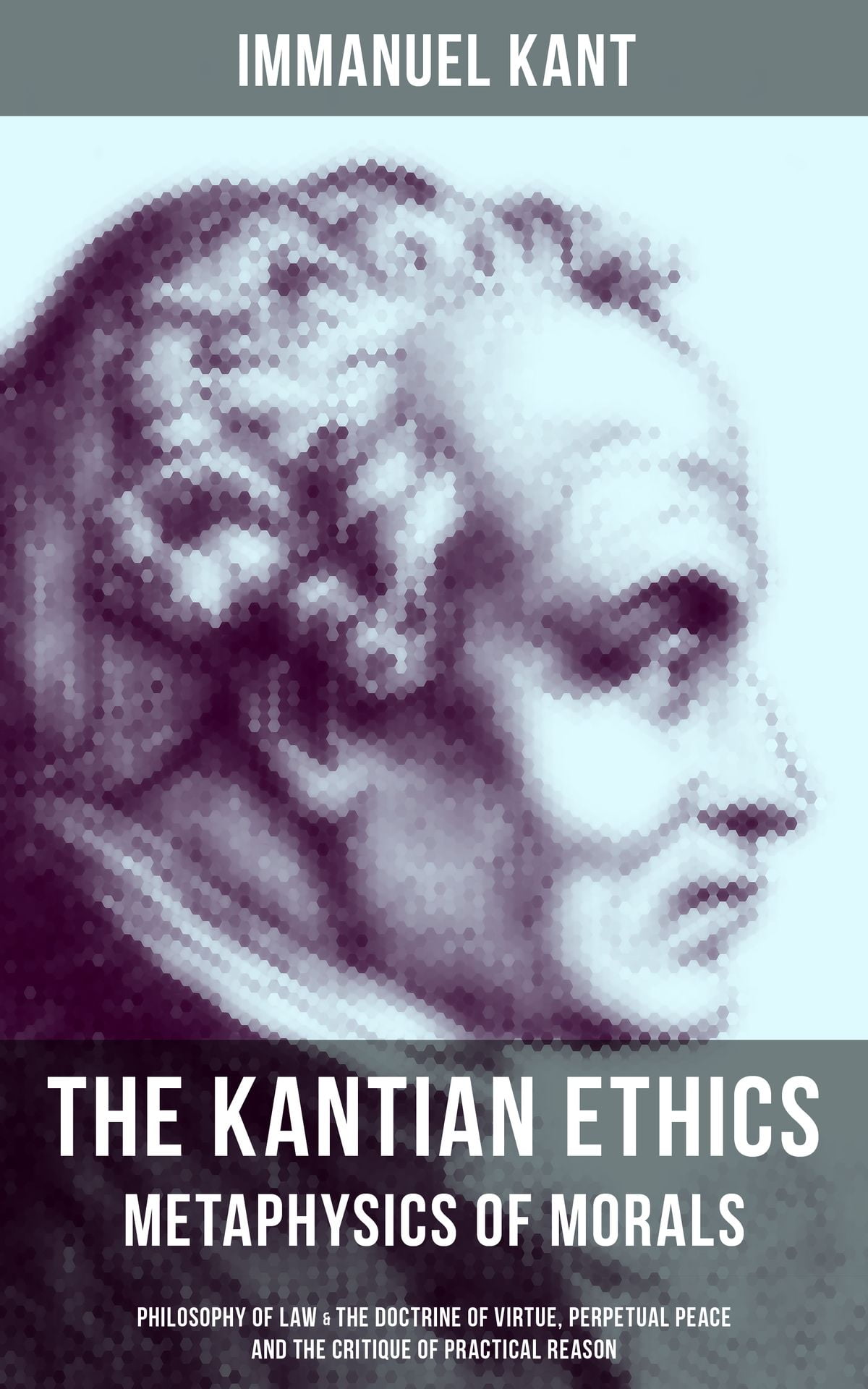
Here, the categorical imperative is questioned (i.e. The Joker’s intention is to question ethics on a whole and bring about a sense of nihilism.įurthermore, his action of making the citizens of Gotham choose whether or not to blow up the boat of prisoners, and vice versa, represents a challenge of Kantian ethics. He makes Wayne choose between himself as a man and what he stands for as Batman. He forces Batman to question his own message and symbol through his kidnapping of both Dawes and Dent. His actions and intentions are simply aimed at causing chaos throughout the city. The Joker represents the antithesis to Kantian ethics.

Batman’s intentions, his message and his symbol to inspire people who can change the system, was initially behind the wave of crime instead of inspiring more vigilantes, which would simply result in more chaos.

This creates even more questions and further complicates the nature of Kantian ethics. Though his choice is moral according to Kant, paradoxically, Bruce Wayne does not fit the categorical imperative as he discourages imitators. His intention in saving Dent would have resulted there to no longer being a need for Batman, and would help initiate a reform within the corrupt city government. His choice to save Dent sets forth a chain of events that leads to Dent becoming the notorious villain Two-Face, who is bent on revenge. Batman faces the daunting decision of having to choose between saving the love of his life, Rachel Dawes, or the person who may have the ability to become the true savior of Gotham, Harvey Dent. “The Dark Knight” poses some of the most intriguing Kantian dilemmas. The Dark Knight (2008, Christopher Nolan) There have been many modern films that have raised questions that align with the questions posed by Kant.ġ.

Furthermore, an action is good if it can be universalized, meaning if one can say that if one can live in a world where everyone does the aforementioned action all the time, it is a good action.įinally, one has a responsibility to be morally good and one must choose to freely commit morally good acts. Kant does not consider the consequences as important as the intent behind the action. One of them being Kant’s notion of a morally good action.įor Kant, an action is good if the intent behind it is good. When considering the philosophy of Kant, one must think about a number of his principles. the greatest good for the greatest number of people) during the mid to late 18th century.

The ethics of Immanuel Kant, also called Deontological ethics, came as a challenge to the utilitarianism of Jeremy Bentham (i.e.


 0 kommentar(er)
0 kommentar(er)
